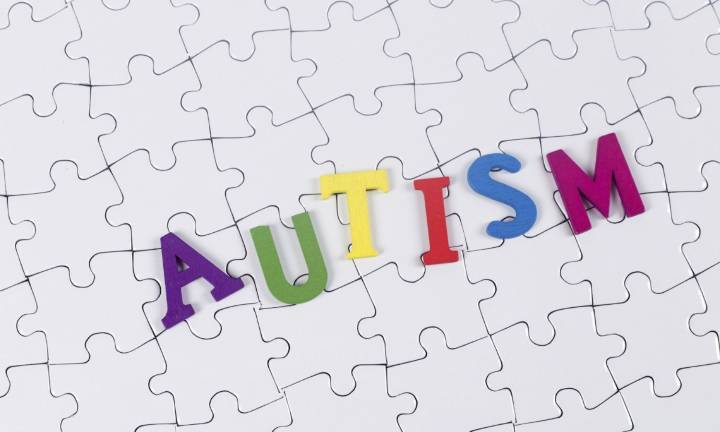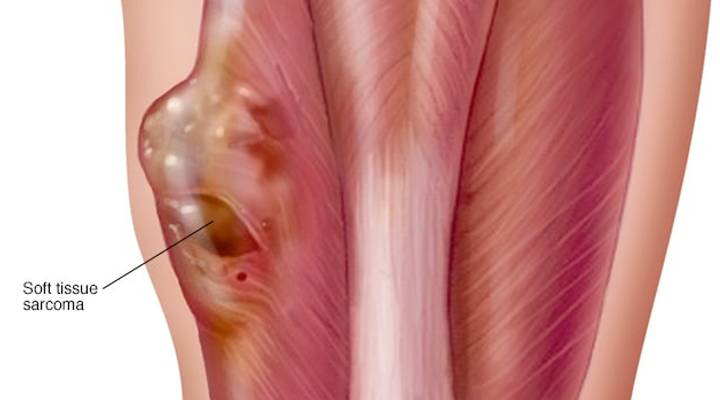Tips to boost self-esteem of children with ADHD

Children with ADHD are at a higher risk of developing low self-esteem than their peers without the condition. This is because they may face several challenges that can impact their ability to succeed in school, social situations, and daily life. Some of the challenges that children with ADHD may face include:
● Difficulty with focus and concentration: Children with ADHD may struggle to pay attention and stay focused on tasks, which can make it hard for them to complete schoolwork and participate in activities.
● Impulsivity: Children with ADHD may act impulsively without thinking of the consequences, which can lead to social and academic challenges.
● Hyperactivity: Children with ADHD may have trouble sitting still and staying quiet, which can lead to feelings of restlessness and a sense of being “different” from their peers.
● Poor time management and organization: Children with ADHD may struggle with planning and organizing their time and tasks, which can make them feel overwhelmed and frustrated.
All these challenges can impact a child’s self-esteem and cause them to feel like they are not capable of succeeding. As a result, it’s important to provide children with ADHD with the support and encouragement they need to build their self-esteem. This can include helping them develop coping strategies for managing their symptoms, praising their efforts and accomplishments, and providing them with opportunities to succeed in areas where they excel. Some of the tips to help boost self-esteem in children with ADHD are :
● Praise their efforts: Children with ADHD often struggle with completing tasks and may feel discouraged when they fall behind their peers. It’s important to praise their efforts and not just the result. Acknowledge the effort they put in and encourage them to keep trying.
● Provide structure and routine: Children with ADHD often thrive in a structured environment. Having a routine can help them feel more in control and less overwhelmed. Try to establish a daily routine that includes time for homework, meals, and physical activity.
● Encourage physical activity: Exercise is a great way to boost self-esteem in children with ADHD. It helps release endorphins, which can improve mood and reduce stress. Encourage your child to participate in physical activities they enjoy, such as swimming, biking, or playing sports.
● Focus on strengths: Children with ADHD often have unique talents and strengths. Help your child discover and develop their strengths by exposing them to different activities and hobbies. Celebrate their successes and encourage them to pursue their passions.
● Foster independence: Children with ADHD may struggle with independence and decision-making. Encourage them to make choices and take responsibility for their actions. Provide guidance and support, but also give them the space to make mistakes and learn from them.
● Seek support: ADHD can be challenging for both children and parents. It’s important to seek support from a mental health professional who specializes in ADHD. They can provide guidance and support for both you and your child, and help you develop strategies to boost self-esteem and manage ADHD symptoms.







